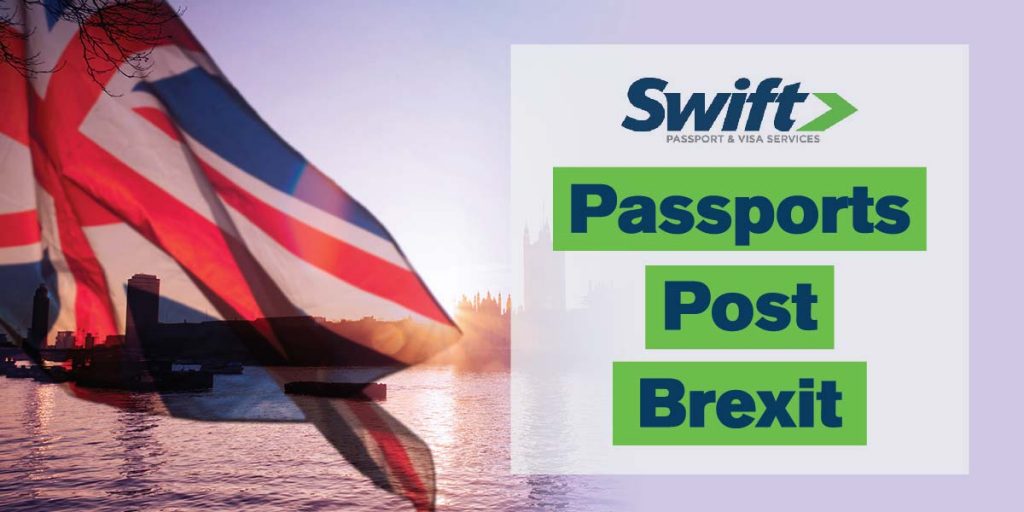
If you’re attempting to speak intelligibly about Brexit at your upcoming holiday parties, you only need one talking point: “Brexit is a mess.”
The big news last month was that Theresa May had successfully arrived at a draft agreement with the European Union regarding the terms of Britain’s exit from the EU. The news that immediately followed was that nobody in the British government was happy with the deal. May literally got laughed at by representatives from her government as she spoke about the plan.
Long story short: it’s not a fun time to be Theresa May.
Recently, May decided to delay a vote on the draft agreement, realizing that there was simply no chance of success due to opposition from both inside and outside her own party. It seems that many representatives think the deal isn’t nearly good enough, though different parties have different things they dislike about it. And overall, no one in the British government — aside, perhaps, from the people who have been doing the negotiating — seems to understand that Britain has basically no power in these negotiations.
But on to the specifics, particularly with regard to travel between Britain and Europe. Under the proposed agreement:
- Citizens of the EU will not need visas to visit Britain, and citizens of Britain will not need visas to visit the EU.
- Citizens of Britain WILL need a passport to visit Europe. The agreement does not clearly specify whether people from Europe will need passports to visit Britain.
- Citizens of Britain currently residing in Europe will be protected, and vice versa. In other words, if you hold a British passport but are currently living and working in Italy, you won’t be kicked out and sent back to Britain when the new deal is finalized.
- Britain will stop prioritizing applications for citizenship and/or work visas from EU passport holders. Instead, the British immigration system will start favoring “talents and skills,” meaning that more educated people and people with special talents will be given higher priority in the immigration process. (We have a type of visa like this in the United States that is given to skilled workers, celebrities, and performers). Some business owners in the UK are worried that this new system will make it harder for them to run their businesses, as they rely on unskilled, inexpensive labor from European countries to perform seasonal work.
But, of course, the only certainty right now is that nothing is certain.
The transition period could potentially be extended for a number of years, though it seems unlikely that the EU would tolerate much more dilly-dallying. We’ll all have to wait and see if and when a new vote will be scheduled and what changes, if any, will be implemented in order to make the deal more palatable for the British government.


2 thoughts on “Britain Takes a Different Approach on Passports Post Brexit”
Ahhh… the messy consequences of a poor choice. It is a complete mess, but should come as no surprise. Nice nutshell Ruby Ruby
I would like to think that people wouldn’t be able to vote for such a thing before seeing what all of this looked liked ahead of time… a mess indeed!